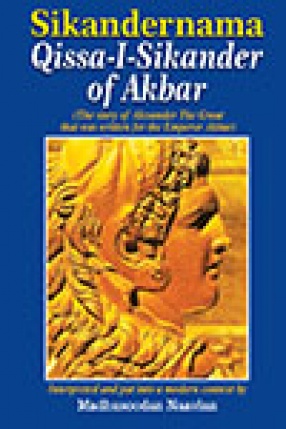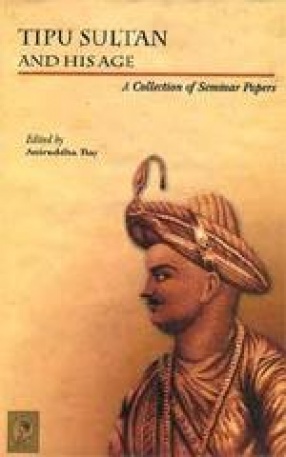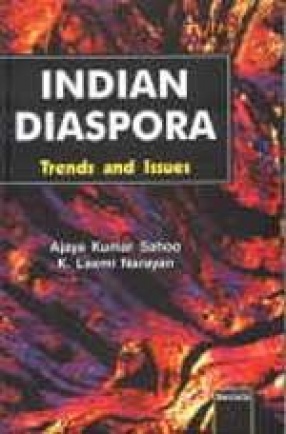Alexander, the Great stomped across the ancient world and his indelible footprint was so transformative in the short span of his life that its effect lasted for the next 1,500 years. All great generals and conquerors that appeared after him have been compared against the standards set by him. The great Mughal emperor, Akbar was in his own right a great ruler. Unlettered, but erudite he had a vast collection of books, and lurking in there, one might imagine, was a book about Sikander as he was called. This book is a work of imagination overlaid on some historical events, which attempts to create some of the magic that is conjured by the achievements of Sikander-i-Azam and the times in which he achieved so much. Dara, ruler of Persia is killed by an arrow, in battle, rather than at a later date and place. But who unleashed that arrow? Was it Bessus, who was next in line to the throne of Persia? Or was it an ambitious noble with some other motive? Sikander, no great admirer of Dara himself, ambitious and desirous of the throne of Parsa, cannot condone his killing at the hands of an unknown killer – the perpetuator of the act of regicide has to be identified and punished in an exemplary manner. In contrast to conventional teaching, Sikander faces defeat and failure in Hindustan and is compelled to return.
Contents: Introduction. 1. Sikander – The Boy. 2. Sikander – Warrior and Rebellious Teenager. 3. Sikander – Master of Maghdouniyeh and Yunan. 4. Sikander – Conqueror of the World. 5. Sikander – Last Days. Bibliography.





There are no reviews yet.